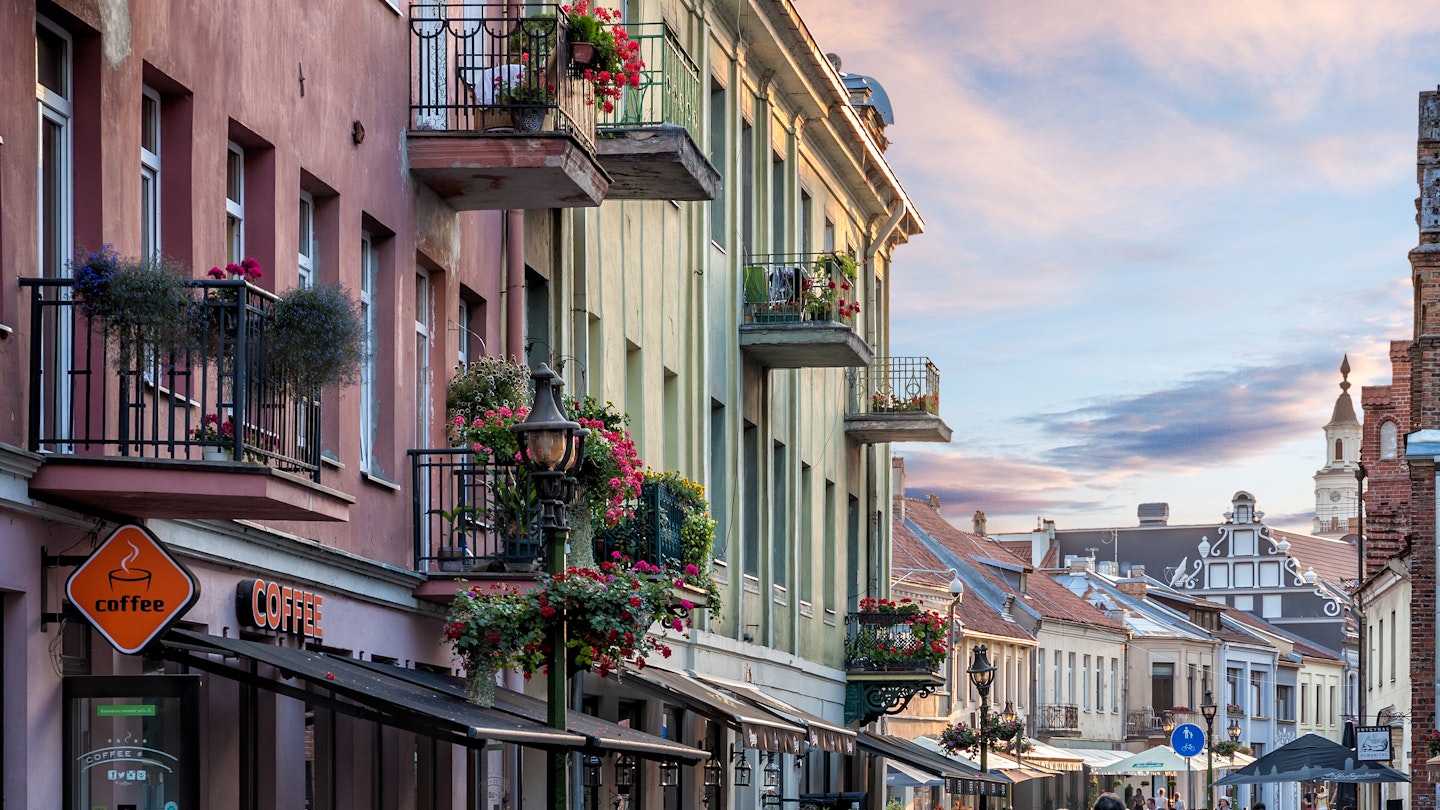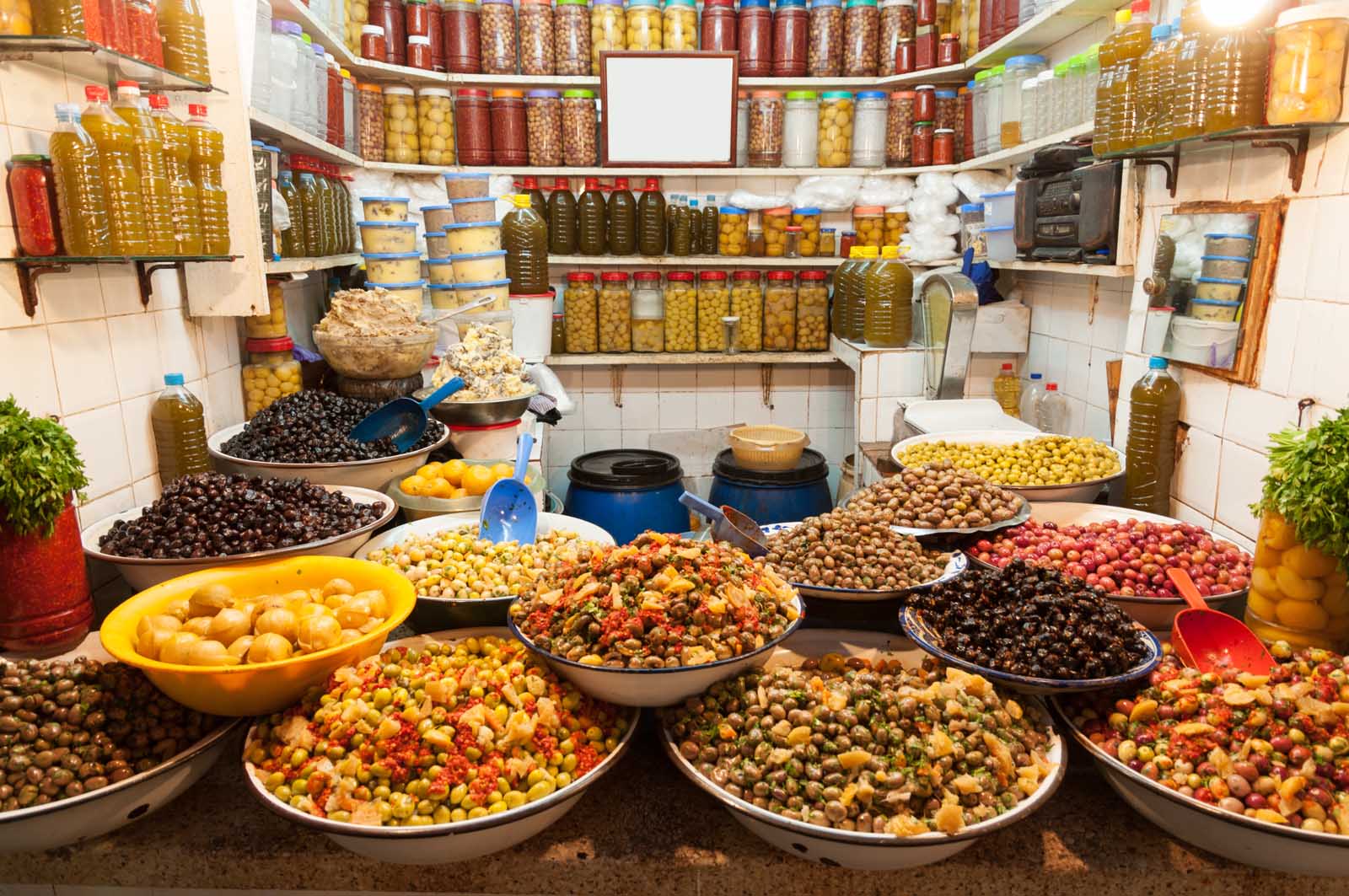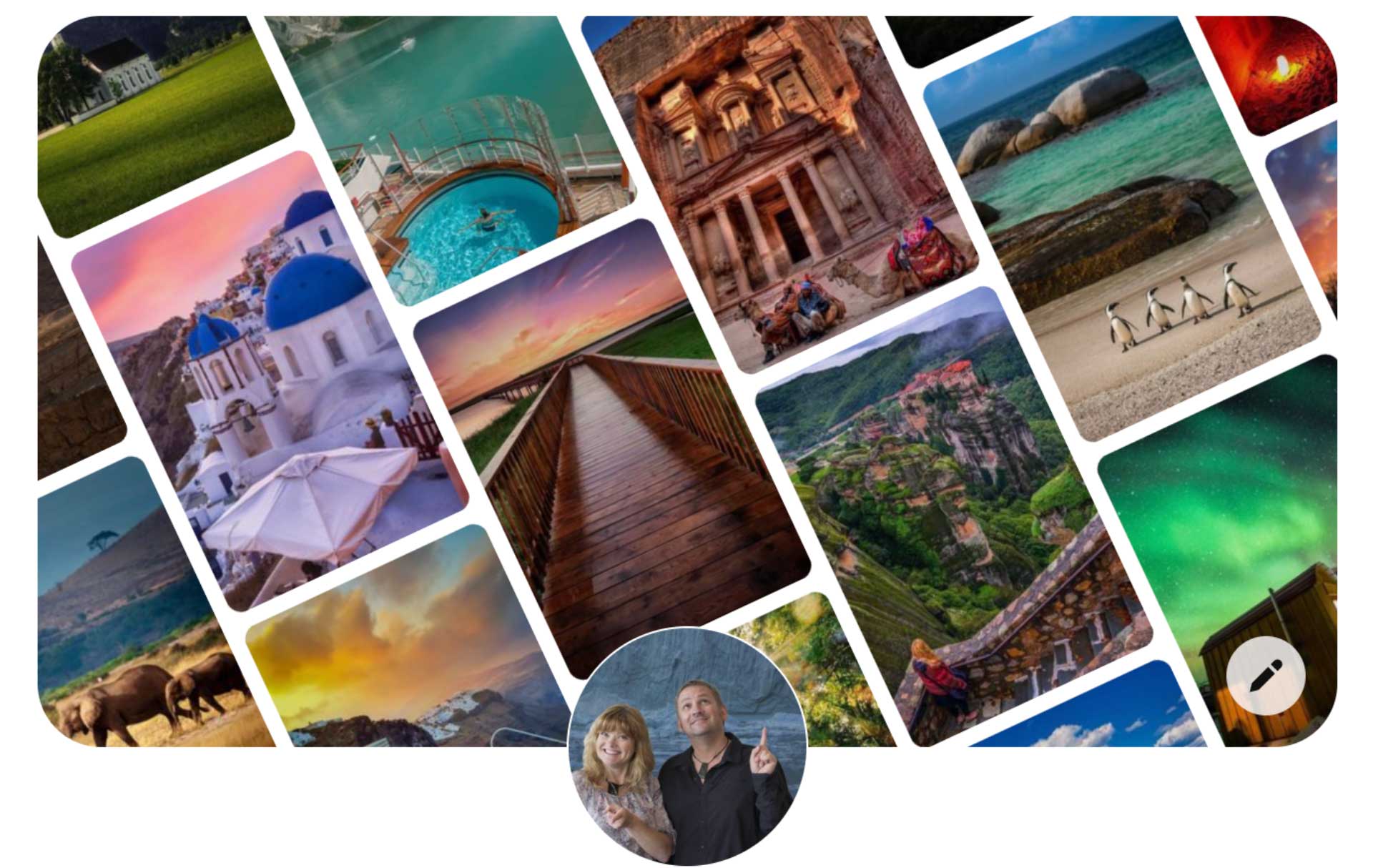Traveling to Lithuania: What You Need to Know
Lithuania has opened its borders to travellers arriving from 24 European countries, eliminating the need for a 14-day quarantine. Visitors from nations with a COVID-19 infection rate below 15 per 100,000 inhabitants in the last 14 days are welcome to enter.
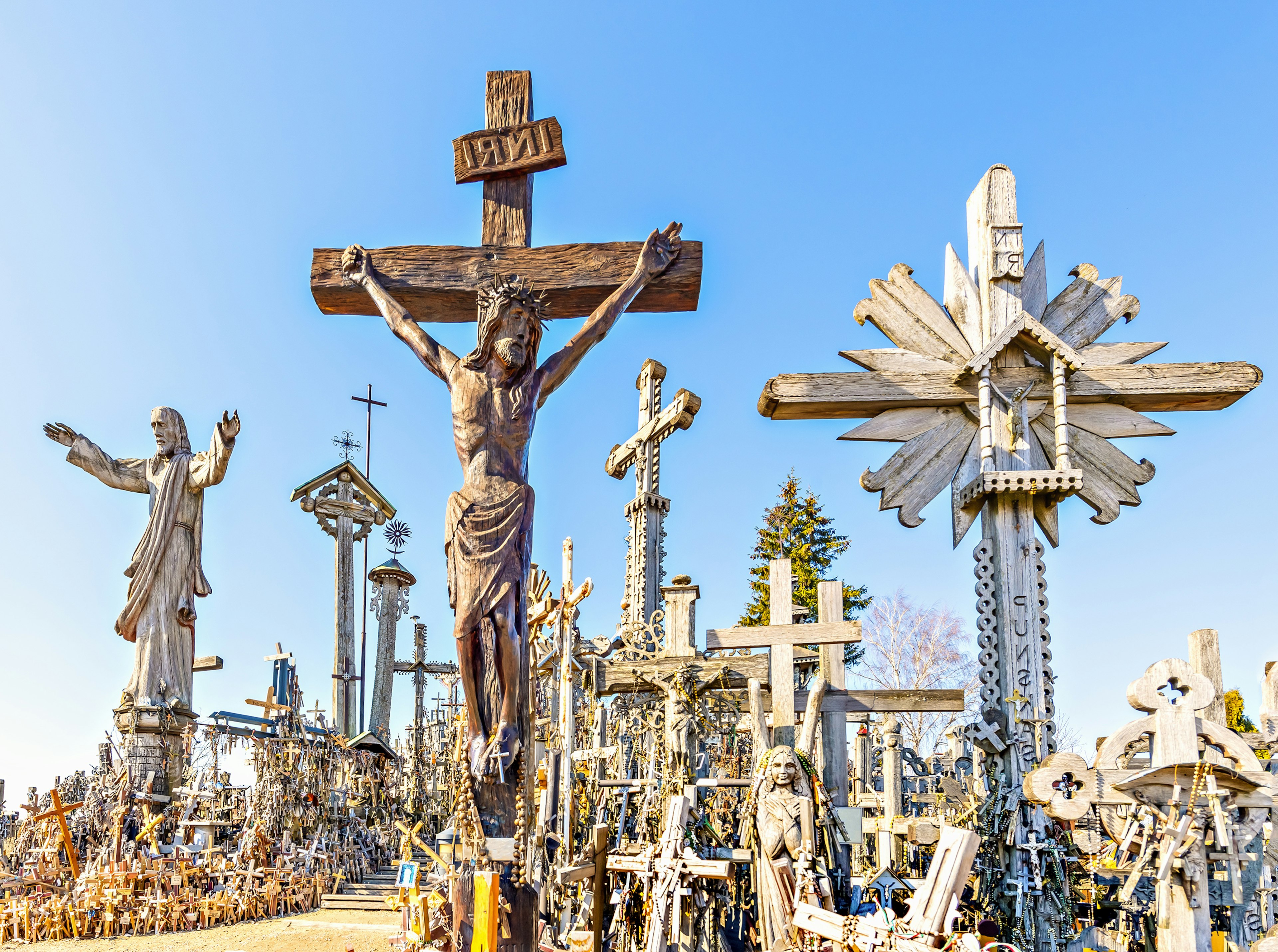
The countries now permitted to enter include:
- Austria
- Bulgaria
- Estonia
- The Netherlands
- Croatia
- Iceland
- Italy
- Greece
- Cyprus
- Liechtenstein
- Luxembourg
- Latvia
- Norway
- Poland
- France
- Romania
- Germany
- Slovakia
- Slovenia
- Switzerland
- Finland
- Denmark
- The Czech Republic
- Hungary
Moreover, travellers from Ireland, Malta, and Spain can enter Lithuania, but must remain in quarantine for 14 days upon arrival.
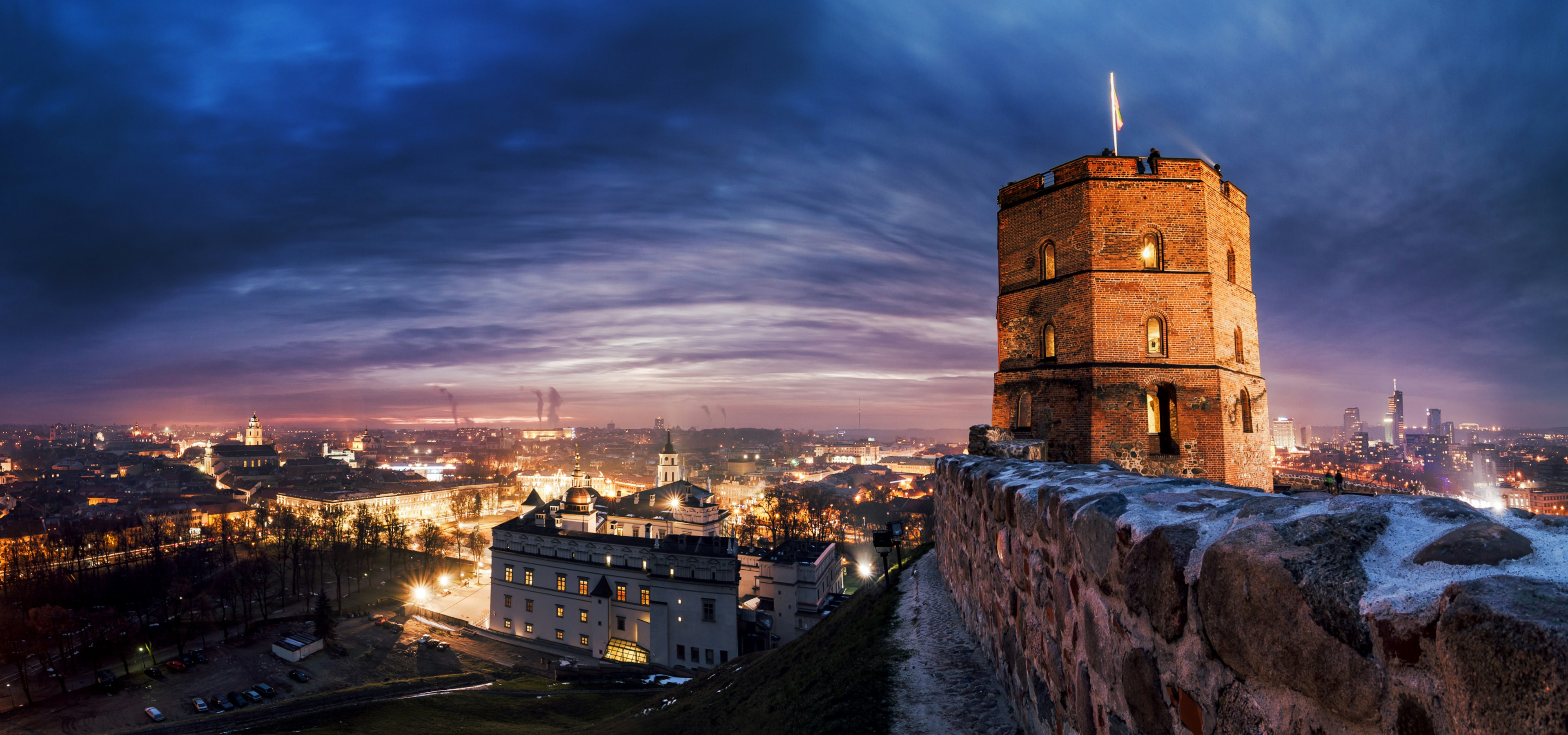
The list of countries permitted to enter Lithuania is updated every Monday. Currently, travel from Belgium, Sweden, Portugal, and the UK is restricted due to higher case rates, which exceed 25 per 100,000 inhabitants in these nations. In addition, residents in Lithuania are no longer required to wear face coverings outdoors. Hotels, cafés, restaurants, and various establishments are operating business as usual. Furthermore, both outdoor and indoor events are allowed, subject to limitations on attendance.
“With our low population density and diverse points of interest, we were never an overcrowded destination,” states Dalius Morkvėnas, managing director of Lithuania Travel, the national tourism development agency. “I am confident that Lithuania can now provide a serene and healthy holiday experience that combines nature exploration with cultural tourism, catering to the needs of many global travellers.”
Lockdowns are easing worldwide as society adapts to a new normal.
